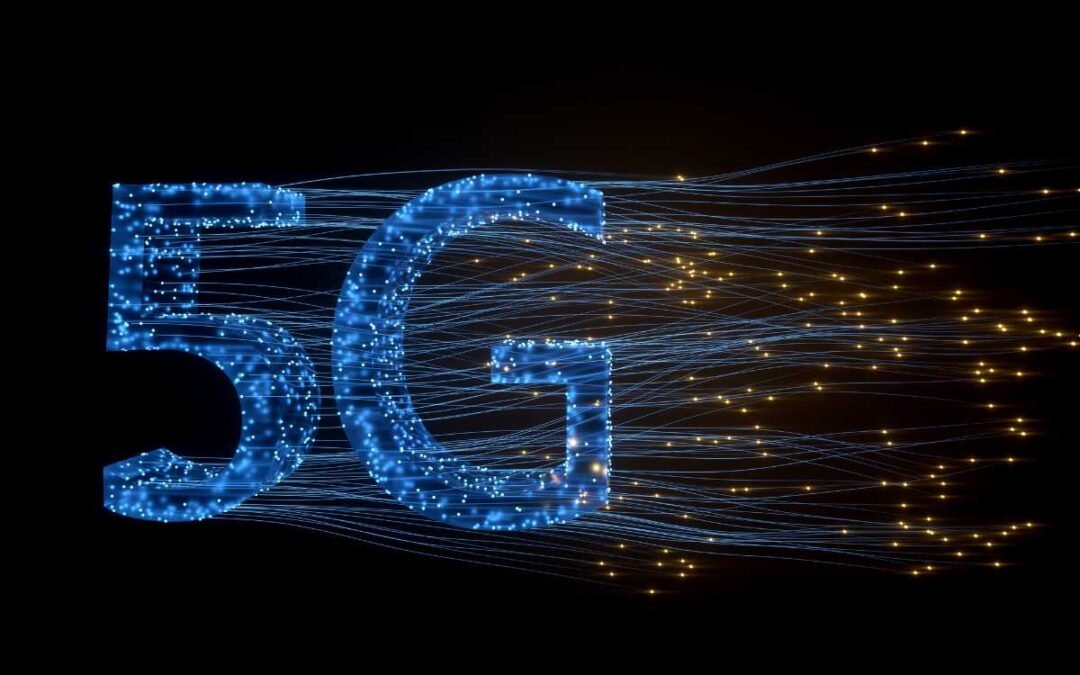In our increasingly interconnected world, 5G technology stands as a beacon of innovation, promising unparalleled speed, reliability, and connectivity. Join us on a journey to explore what 5G is, its applications across industries, and the transformative impact it’s set to bring.
Introduction to 5G Technology
5G, the fifth generation of cellular networks, represents a significant leap from its predecessors. It offers faster download and upload speeds, lower latency, and the capacity to connect more devices simultaneously. Beyond faster smartphones, 5G is a catalyst for emerging technologies like Internet of Things (IoT), augmented reality (AR), and autonomous vehicles.
Applications Across Industries
The applications of 5G technology are vast and diverse:
- Telecommunications: Enhanced mobile broadband allows for seamless streaming, gaming, and video conferencing experiences.
- Healthcare: Facilitates remote surgery, real-time patient monitoring, and telemedicine, improving healthcare access and outcomes.
- Manufacturing: Enables real-time monitoring and control of equipment through IoT devices, optimizing production processes.
- Transportation: Supports connected vehicles and smart transportation systems, enhancing road safety and traffic management.
- Smart Cities: Powers IoT sensors for efficient waste management, energy distribution, and public safety initiatives.
Innovations Driving the Future
Key innovations leveraging 5G technology include:
- Edge Computing: Processing data closer to the source (at the edge of the network), reducing latency and enabling faster response times.
- Virtual and Augmented Reality: Immersive experiences with minimal lag, revolutionizing entertainment, training, and remote collaboration.
- AI and Machine Learning: Enhancing predictive analytics and decision-making processes through faster data transmission and analysis.
Challenges and Considerations
While 5G offers transformative benefits, it also presents challenges:
- Infrastructure Requirements: Deploying a robust 5G infrastructure, including small cells and fiber optics, is capital-intensive and time-consuming.
- Security Concerns: Ensuring data privacy and cybersecurity amidst the proliferation of connected devices and increased data transmission.
The Future of Connectivity
Looking forward, 5G technology is poised to:
- Enable Innovation: Foster innovation across industries with faster, more reliable connectivity, unlocking new possibilities for business and society.
- Bridge the Digital Divide: Expand access to high-speed internet in remote and underserved areas, narrowing the digital divide globally.
- Transform Everyday Life: From smart homes to intelligent transportation systems, 5G will reshape how we live, work, and interact with the world around us.
Conclusion
As 5G technology continues to roll out globally, its transformative impact on connectivity, industries, and everyday life is undeniable. Stay updated on the latest advancements and applications of 5G by exploring our website. Join us in embracing the future of connectivity with 5G technology, where innovation knows no bounds.

